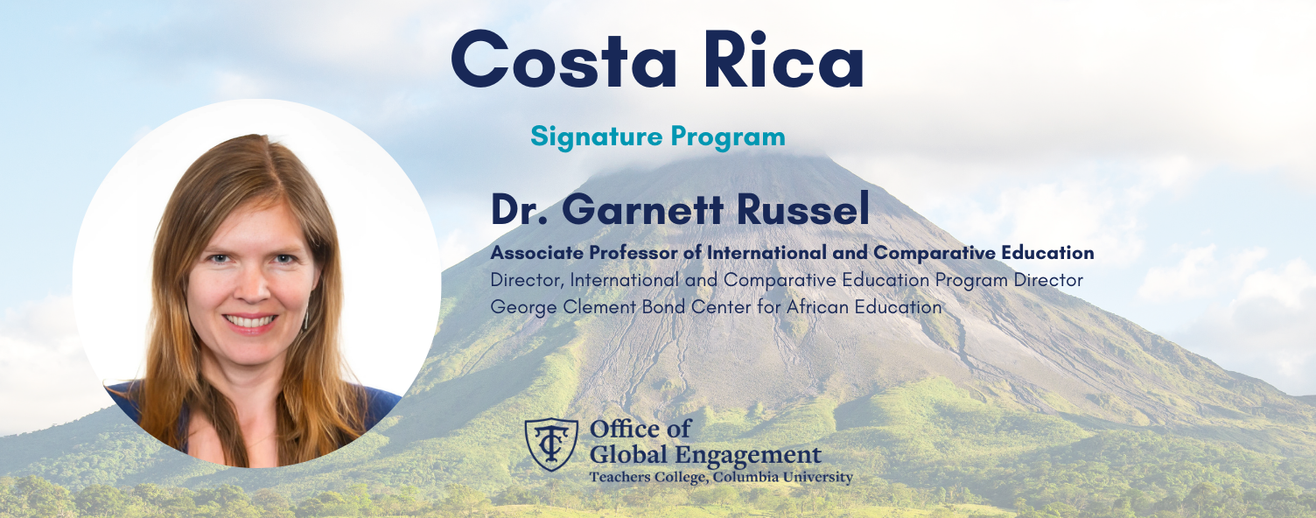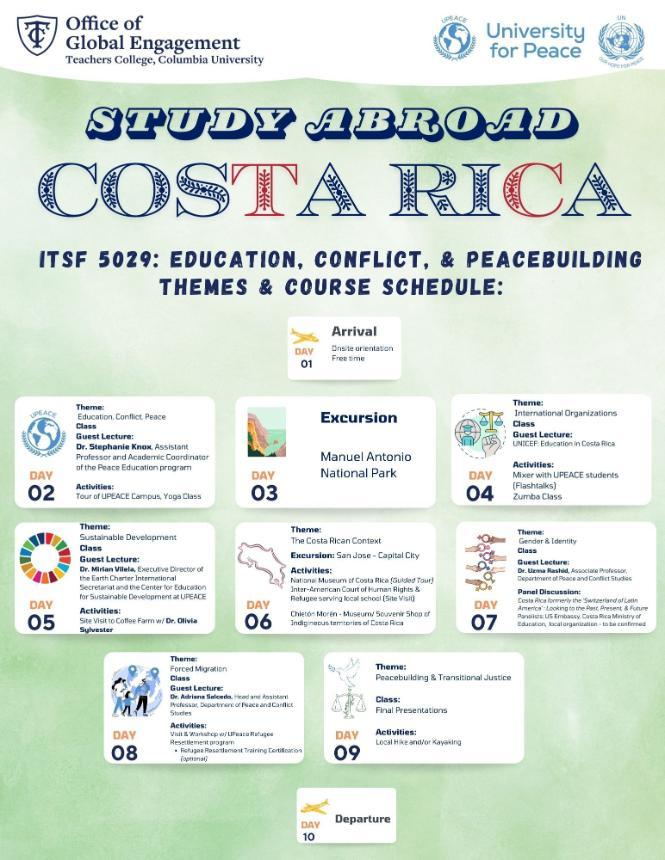COURSE DESCRIPTION
This course examines the politics of armed-conflict and peace-building, and the role of education in promoting peace or exacerbating violence in conflict-affected and post-conflict contexts. What is the relationship between education and conflict? How does education contribute to peace-building? How does education reflect societal inequalities and exacerbate tensions? We will investigate several of the most pressing challenges facing the various stakeholders (external actors such as international organizations, bilateral donors, and NGOs; local actors, such as governments, civil societies, and nationalist/ideological state factions) and not only their influence on education systems in times of war and emerging peace but also on educational practices, policies, and curricula in conflict and post-conflict situations. This class draws on a combination of readings, lectures, student presentations, case studies, and guest speakers to elucidate the challenges inherent in the provision and reform of education in countries affected by conflict.
COURSE OBJECTIVES
- Gain a deeper understanding of the theoretical assumptions regarding the links between education, conflict, and peace from an interdisciplinary social science perspective
- Critically engage and examine the debates in the theoretical and practical field of education and conflict
- Apply theoretical and conceptual knowledge to case studies and projects with international organizations to develop research and analysis skills
COURSE TOPICS
Introduction: Education, Conflict, and Peace
What is the empirical link between education, fragility, and conflict? What are the key terms and concepts used in this field? What are the main challenges for providing education in conflict settings? How can education be used to address conflict? What is the relationship between education and peace? How can education be used to foster peacebuilding? What is the role of peace education and peace pedagogies?
Education, Conflict, and International Organizations
What is the role of international organizations/humanitarian organizations in addressing issues of education in conflict-affected and post-conflict situations? What challenges are embedded in intersectoral work? How can we develop better humanitarian practices in the educational sector?
Education, Sustainable Development, and Peace
What is the broader connection between education, conflict/peace, and sustainability development? What is the relationship between sustainable development and peace? How does climate change impact forced migration? What initiatives around education for sustainable development (ESD) exist globally and in Costa Rica?
Education, Conflict, and Intersectional Identity
How does education promote change in gender relations and other identities in a post-conflict setting? What is the relevance of conflict for gender and schooling, curriculum/textbooks, and gender-based violence?
Education and Forced Migration
How does forced migration impact access to education? What are the challenges faced by displaced students in camp and non-camp settings? What is the situation of asylum-seekers and refugees in Costa Rica and Central America?
Case Studies (ie. Lebanon, Colombia, Ecuador, Nicaragua/Costa Rica, etc.)
Education, Peacebuilding, Transitional Justice
How is education used in the aftermath of conflict for reconstruction, reconciliation, and peace-building? How can curricula and textbooks be used to promote human rights, peace-building, and reconciliation in post-conflict contexts? What is the relationship between education and transitional justice?

